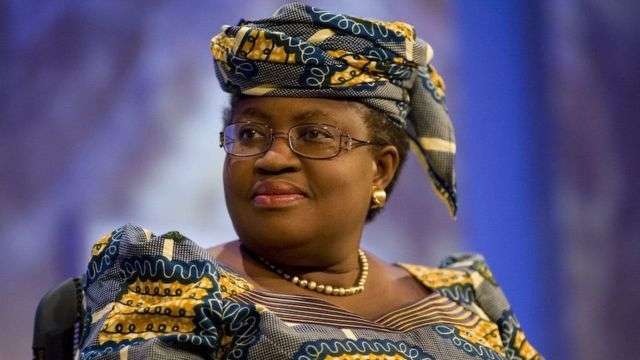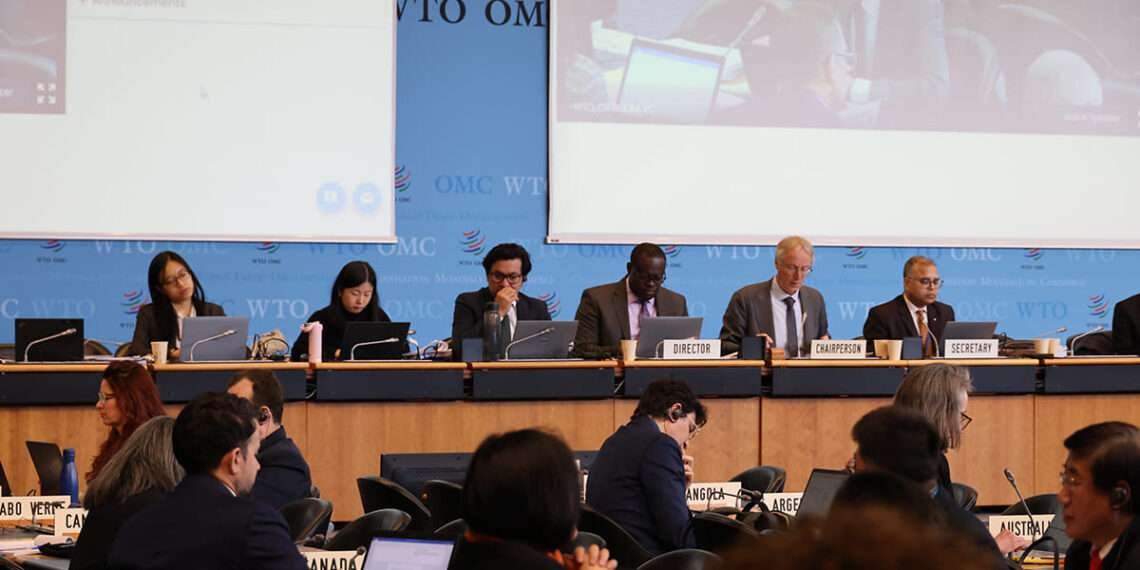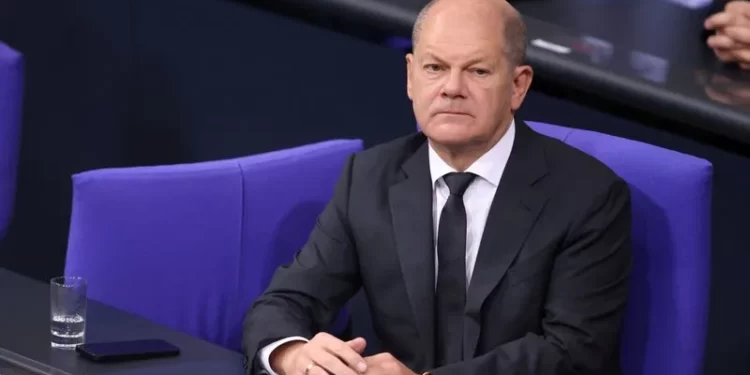At a meeting of the Agriculture Committee, members of World Trade Organization (WTO) have vowed to intensify their efforts to address the severe food security crisis, which is especially challenging for least-developed countries (LDCs) and Net Food-Importing Developing Countries (NFIDCs).
Members were updated on the progress of the new work programme on food security and discussed new proposals aimed at enhancing transparency and the functioning of the committee. Also, members approved Tonga’s request to join the list of NFIDCs.
Members continued to review each other’s farm support and broader policies to ensure conformity with WTO regulations. They also discussed the implementation of ministerial outcomes adopted at the ministerial conferences in Bali and Nairobi and the 12th Ministerial Conference (MC12) in Geneva in June 2022. Members agreed to defer the finalization of the first triennial review of the Bali Tariff Rate Quota (TRQ) Decision to the next committee meeting scheduled for 27-28 June 2023. The chair, Marcel Vernooij from the Netherlands, facilitated the discussion.
Response To Food Insecurity, Pandemic Impact
The committee continued to discuss how to implement the MC12 declaration on the response to the pandemic and the MC12 declaration on food security. Members heard updates on food markets and the current outlook for global food security from the UN Food and Agriculture Organization and the World Food Programme.
The World Food Programme (WFP) warned that the world continues to face “the largest hunger and nutrition crisis in modern history” caused by conflicts, climate change and economic shocks. According to the Food and Agriculture Organization (FAO) and WFP data, 11.7% of the world’s population faced severe food insecurity in 2021, with LDCs and NFIDCs suffering the most. In 2022, these countries faced a worsening situation, with record food import bills, which increased by 10% (USD 4.9 billion) for LDCs and 17% (USD 21.7 billion) for NFIDCs.

Furthermore, global food and fuel price levels remain high despite the positive effects of the UN-brokered Black Sea Grain Deal, which helped to lower prices following their peak in March 2022. The WFP welcomed the extension of the deal in March 2023 and highlighted its successful procurement of food from Ukraine for its operations in several needy countries. The WFP also said its work had benefited from the MC12 decision to exempt the WFP’s humanitarian food purchases from any export restrictions.
Both organizations emphasized the importance of boosting partnerships among relevant stakeholders, including governments, international organizations, the private sector and local actors, during times of crisis.
Members welcomed the urgent action taken by FAO and the WFP in the global fight against hunger, such as humanitarian food aid and various forms of financial support and technical assistance. Voicing concerns about the outlook for global food security, several members called for the Black Sea Grain Deal to be extended, emphasizing the importance of transparency. Some members shared their activities in support of global efforts to avert food insecurity.
Mr Vernooij, who is also the coordinator of the new work programme on food security for LDCs and NFIDCs, presented a report on progress in the initiative. The work programme was established in November 2022 in line with the MC12 mandate. Mr Vernooij urged members to submit proposals for participation and sharing of experiences at the upcoming workshop on improving local food productivity and resilience scheduled to take place on 12th April, 2023.
Review of Agricultural Policies
Fifteen new issues were discussed by members regarding each other’s farm policies covering market access, domestic support and export competition. These issues included China’s new grain programme, export limiting measures by Mexico, Morocco, Tajikistan and Turkey, Japan’s structural transition programme for rice, and the US Inflation Reduction Act.
Among 23 recurring issues raised at previous committee meetings, members continued to discuss the EU’s deforestation regulation, China’s policies on cotton, swine and grain subsidies, and India’s multiple farm policies, among other things. Russia once again raised questions on some alleged agricultural restrictive measures introduced by a group of members.
Members also took the opportunity to seek further information on individual notifications submitted by members concerning tariff quota administration, special agricultural safeguards, domestic support and export subsidy notifications.
Members were updated on nine members’ individual consultations with India in November 2022. The purpose of these consultations was to seek more detailed information regarding India’s public stockholding programmes, in accordance with the Bali decision on public stockholding programmes for food security purposes.
For transparency purposes, these members submitted the questions raised at the consultations to the committee. The members thanked India for its constructive engagement in the consultations and emphasized the need for India to provide complete answers to any remaining questions. India maintained that it had answered questions to the best of its ability and pointed out that the consultations are typically conducted orally and do not necessarily require written answers.
READ ALSO: Ghana, Two Other Countries’ Inflation Rate To Remain Above 50% In 2023- World Bank Projects





















